The Nation is Industrialized
History
Alexander Graham Bell
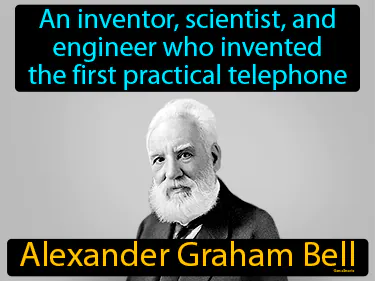
An inventor, scientist, and engineer who invented the first practical telephone. Alexander Graham Bell. He is known in history as the inventor of the telephone, which revolutionized global communication.
Andrew Carnegie
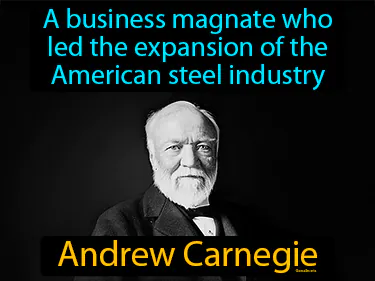
A business magnate who led the expansion of the American steel industry. Andrew Carnegie. In history, Andrew Carnegie is known for building a vast steel empire and becoming one of America's wealthiest industrialists.
assembly line

A manufacturing process where the assembly moves from workstation to workstation. Assembly line. The assembly line, popularized by Henry Ford, revolutionized industry by allowing mass production through sequential tasks.
Buffalo Soldiers
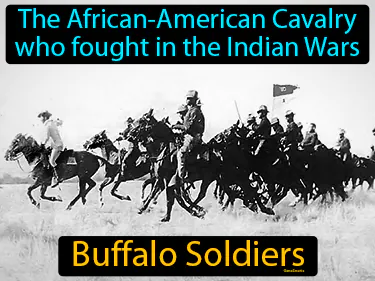
The African-American Cavalry who fought in the Indian Wars. Buffalo Soldiers. They were Black soldiers who served in the U.S. Army after the Civil War, helping to protect settlers and build infrastructure.
conservationist
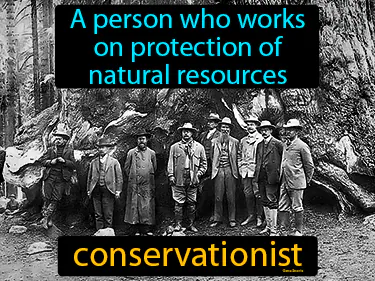
A person who works on protection of natural resources is called a conservationist. Throughout history, conservationists have helped preserve nature and wildlife for future generations.
corporation
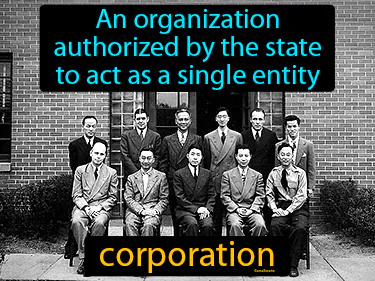
An organization authorized by the state to act as a single entity. Corporation. In History, a corporation is a business structure that allows a group of people to operate as a single legal entity, distinct from its owners.
Elijah McCoy
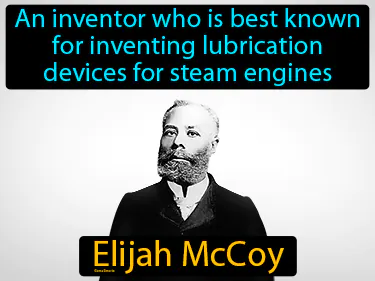
An inventor who is best known for inventing lubrication devices for steam engines. Elijah McCoy. Elijah McCoy was a pioneering inventor who improved steam engine efficiency with his automated oiling devices, leading to the term "the real McCoy" for genuine quality.
George Dewey
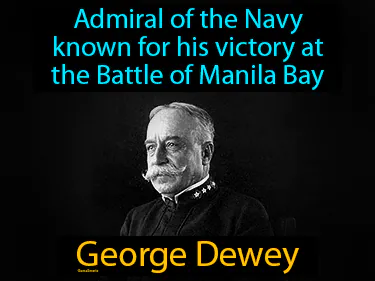
Admiral of the Navy known for his victory at the Battle of Manila Bay George Dewey. George Dewey was a U.S. naval officer celebrated for defeating the Spanish fleet during the Spanish-American War.
Great Chicago Fire
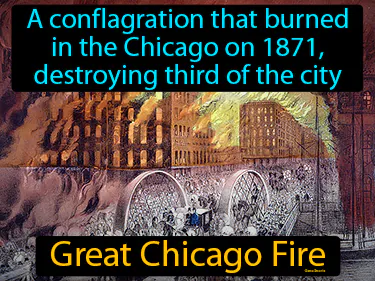
A conflagration that burned in Chicago on 1871, destroying third of the city. Great Chicago Fire. The Great Chicago Fire was a massive fire in 1871 that destroyed a large part of Chicago.
Henry Ford
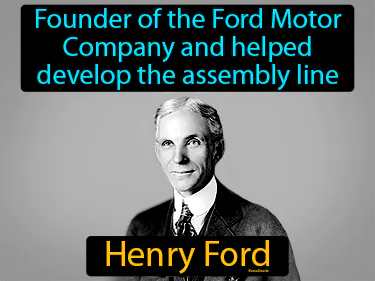
Founder of the Ford Motor Company and helped develop the assembly line. Henry Ford. He was an innovator who revolutionized manufacturing and made cars accessible to many people.
Ida Tarbell
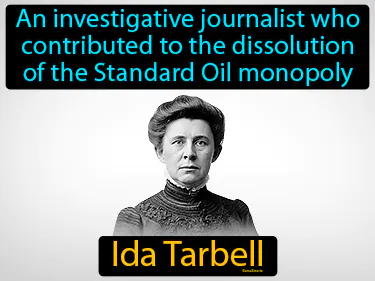
An investigative journalist who contributed to the dissolution of the Standard Oil monopoly. Ida Tarbell. Ida Tarbell was a pioneering journalist known for exposing the unfair practices of Standard Oil, leading to its breakup.
James Cook
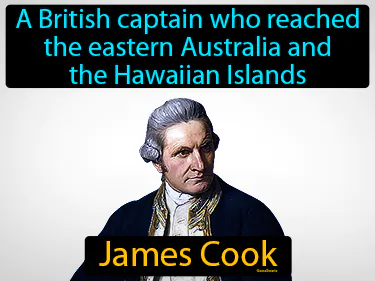
A British captain who reached the eastern Australia and the Hawaiian Islands. James Cook. He was an explorer known for charting large areas of the Pacific Ocean.
Jane Addams
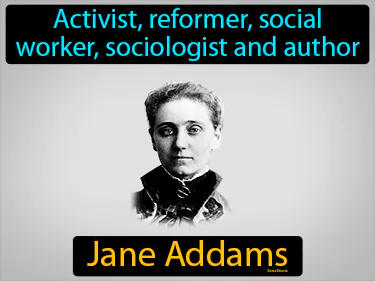
Activist, reformer, social worker, sociologist and author. Jane Addams. She was a pioneer in social reform and co-founded Hull House in Chicago, a settlement house that provided various services to immigrants and the poor.
John D Rockefeller
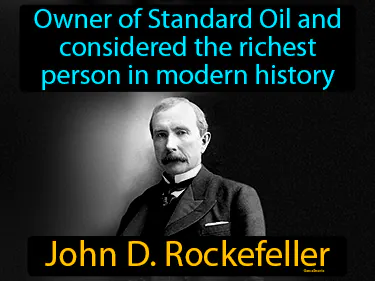
Owner of Standard Oil and considered the richest person in modern history, John D. Rockefeller. He was a key figure in the American oil industry, amassing great wealth and influencing economic practices.
John Muir
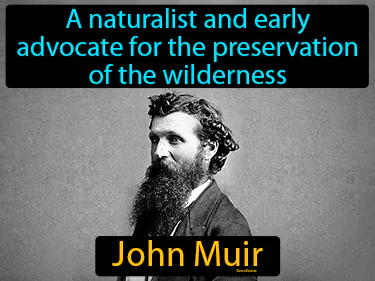
A naturalist and early advocate for the preservation of the wilderness. John Muir. He is known as the "Father of National Parks" for his role in establishing U.S. national parks.
labor union
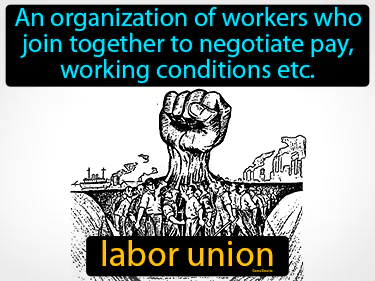
An organization of workers who join together to negotiate pay, working conditions, etc. labor union. Labor unions are groups formed by workers in history to improve their rights and workplace conditions through collective bargaining.
Lewis Latimer
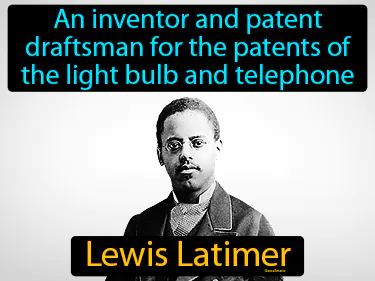
An inventor and patent draftsman for the patents of the light bulb and telephone. Lewis Latimer. Lewis Latimer was a key figure in History who contributed to the development of electrical lighting and telecommunications.
Mary Harris Jones
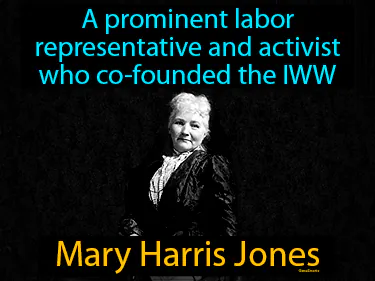
A prominent labor representative and activist who co-founded the IWW, Mary Harris Jones. She was an influential figure in labor history, known for organizing workers and advocating for their rights in the early 20th century.
monopoly

When a specific person or enterprise is the only supplier of a particular commodity, it is called a monopoly. Historically, monopolies have allowed companies to dominate markets by controlling prices and restricting competition.
national park
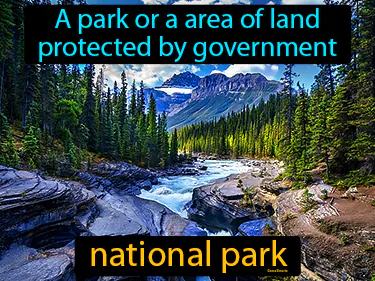
A park or an area of land protected by government. National park. National parks are areas preserved for public enjoyment and to protect natural beauty and wildlife, often established by governments for conservation and historical significance.
Orville And Wilbur Wright
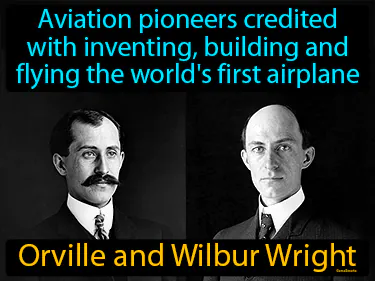
Aviation pioneers credited with inventing, building and flying the world's first airplane Orville and Wilbur Wright. Orville and Wilbur Wright were brothers who successfully created and flew the first powered airplane in 1903.
Queen Liliuokalani
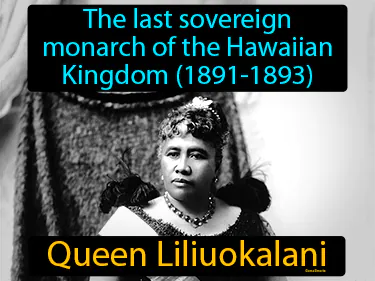
The last sovereign monarch of the Hawaiian Kingdom 1891-1893. Queen Liliuokalani. She was the last queen of Hawaii before it was annexed by the United States.
reform
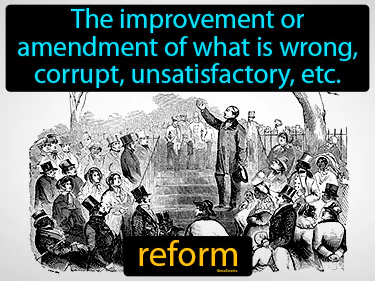
The improvement or amendment of what is wrong, corrupt, unsatisfactory, etc., is reform. In history, reform is when people or governments change rules or systems to make society better.
Rough Riders
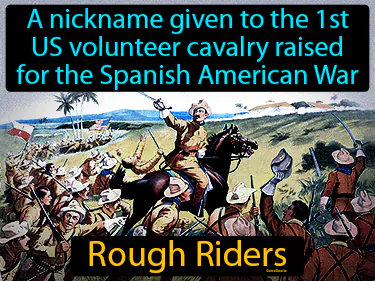
A nickname given to the 1st US volunteer cavalry raised for the Spanish American War Rough Riders. The Rough Riders were a group of volunteer soldiers, including cowboys and adventurers, who fought in the Spanish-American War under Theodore Roosevelt's leadership.
Samuel Gompers
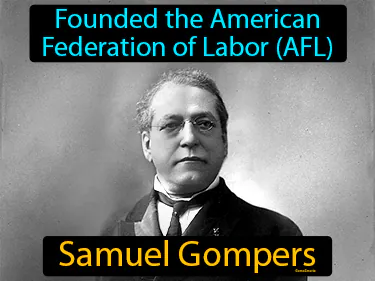
Founded the American Federation of Labor AFL. Samuel Gompers. Samuel Gompers was a key labor leader who helped improve working conditions for American workers in the late 19th and early 20th centuries.
settlement house
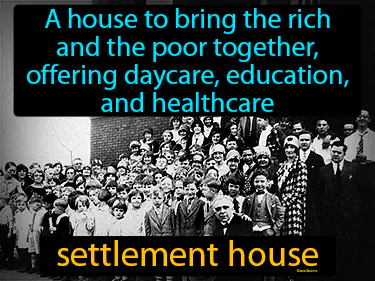
A house to bring the rich and the poor together, offering daycare, education, and healthcare. Settlement house. Settlement houses were community centers in the late 19th and early 20th centuries that provided services and assistance to immigrants and the urban poor in America.
slum
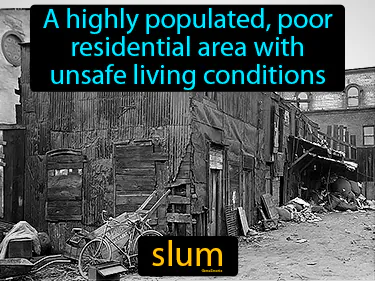
A highly populated, poor residential area with unsafe living conditions. Slum. Historically, slums are areas in cities where marginalized communities have lived in overcrowded and inadequate housing due to rapid urbanization and poverty.
Spanish American War
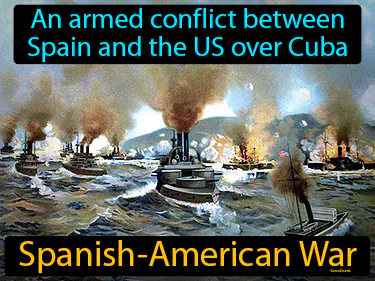
An armed conflict between Spain and the US over Cuba. Spanish American War. The Spanish-American War was a brief conflict in 1898 where the United States defeated Spain, leading to Cuban independence and U.S. control over territories like Puerto Rico and the Philippines.
strike
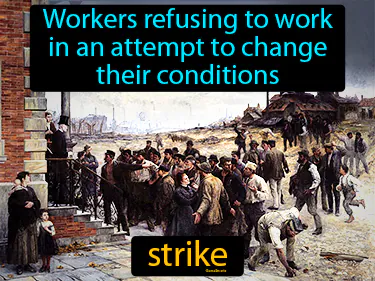
Workers refusing to work in an attempt to change their conditions. Strike. In history, a strike is when workers stop working to demand better pay or conditions.
sweatshop
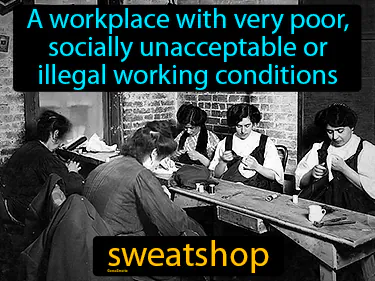
A workplace with very poor, socially unacceptable or illegal working conditions. Sweatshop. Sweatshops are factories from the Industrial Revolution era where workers, often including children, were exploited with long hours and low wages.
tenement
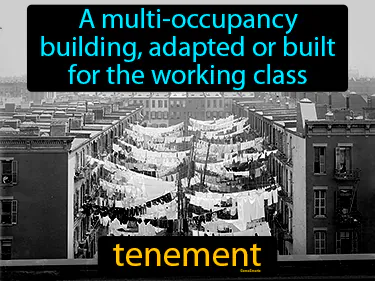
A multi-occupancy building, adapted or built for the working class. Tenement. In history, a tenement is a type of housing commonly found in urban areas during the Industrial Revolution, often overcrowded and poorly maintained.
Theodore Roosevelt
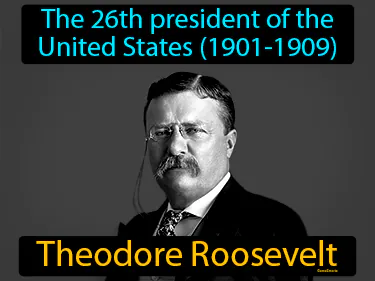
The 26th president of the United States 1901-1909. Theodore Roosevelt. Theodore Roosevelt was a progressive leader who is known for his conservation efforts, trust-busting, and the construction of the Panama Canal.
Thomas Alva Edison
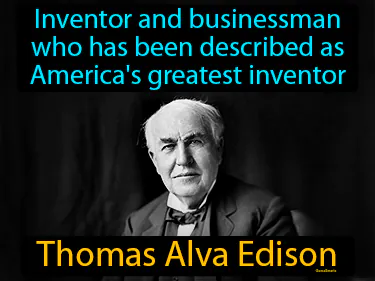
Inventor and businessman who has been described as America's greatest inventor, Thomas Alva Edison. Thomas Edison is a famous historical figure known for inventing the electric light bulb.
trust

A large grouping of business interests with significant market power. Trust. In history, a trust is a combination of companies formed to reduce competition and control prices.
Upton Sinclair
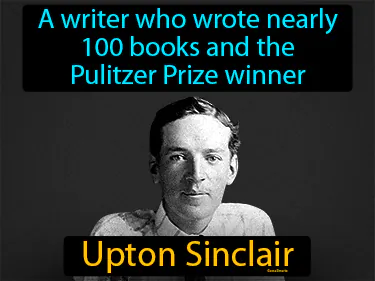
A writer who wrote nearly 100 books and the Pulitzer Prize winner, Upton Sinclair. Upton Sinclair was a famous American author known for exposing social and industrial issues in the early 20th century, especially with his novel "The Jungle."
William Gorgas
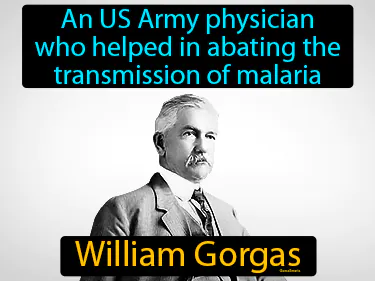
An US Army physician who helped in abating the transmission of malaria. William Gorgas. He was a crucial figure in controlling malaria and yellow fever during the construction of the Panama Canal.
William McKinley
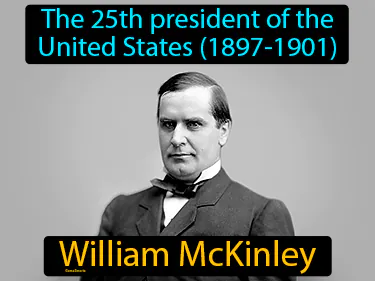
The 25th president of the United States 1897-1901. William McKinley. He led the nation during the Spanish-American War and was assassinated in 1901.